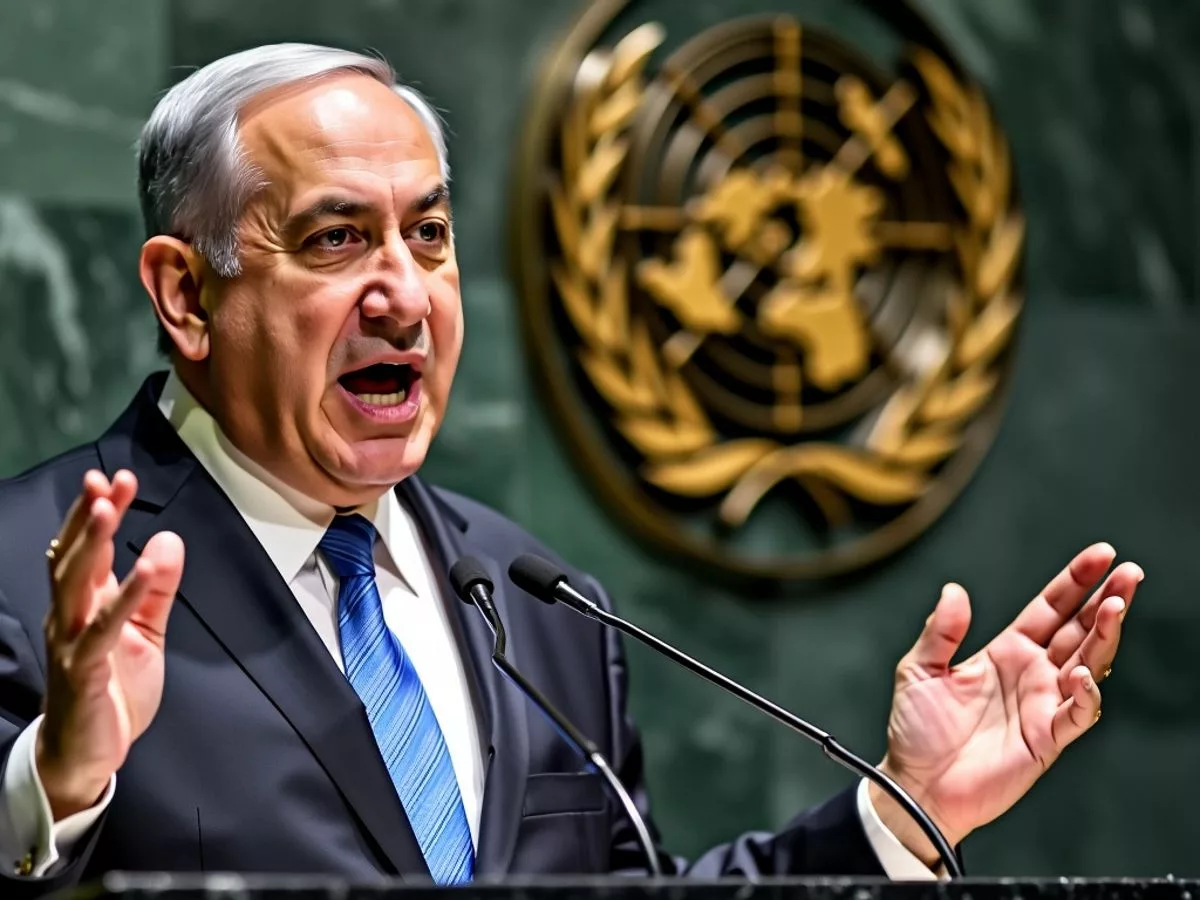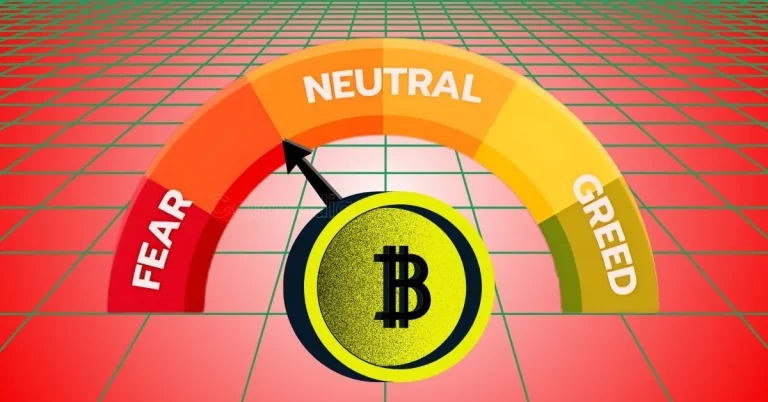
Israeli Prime Minister Benjamin Netanyahu delivered a powerful address at the United Nations General Assembly, warning Iran that Israel can strike anywhere in the Middle East. His remarks come amid escalating tensions in the region, particularly following recent conflicts involving Hamas and Hezbollah.
Key Takeaways
- Netanyahu asserts Israel’s capability to reach any part of Iran.
- He warns of retaliation if Israel is attacked.
- The speech was met with mixed reactions, including protests outside the venue.
- Ongoing violence in Gaza and Lebanon remains a focal point of his address.
Netanyahu’s Message to Iran
During his speech, Netanyahu emphasized that there is "no place in Iran that the long arm of Israel cannot reach." He issued a direct warning to the Iranian leadership, stating, "If you strike us, we will strike you." This declaration underscores Israel’s commitment to defending itself against perceived threats from Iran and its allies.
Reactions from the UN Assembly
The atmosphere in the assembly was charged, with delegates from Lebanon and the Palestinian territories walking out as Netanyahu began his address. His speech was marked by a mix of cheers and angry shouts, reflecting the polarized views on Israel’s actions in the region.
Context of the Address
Netanyahu’s remarks come at a time of heightened conflict in the Middle East. Following the October 7 attacks by Hamas, Israel has intensified its military operations in Gaza and shifted focus to its northern border with Lebanon, where tensions with Hezbollah have escalated. The Israeli Prime Minister reiterated that Hamas must be eliminated and will not be part of any reconstruction efforts in Gaza.
Ongoing Violence and International Response
The violence in Gaza and Lebanon has drawn international attention, with calls for a ceasefire from the United States and France. However, Netanyahu’s office has not responded positively to these proposals, indicating a commitment to continue military operations until Israel achieves its objectives.
The Human Cost of Conflict
The ongoing conflict has resulted in significant casualties, with reports indicating over 1,500 deaths in Lebanon and a rising toll in Gaza. The UN has described the situation in Lebanon as facing its "deadliest period in a generation," highlighting the severe humanitarian impact of the military actions.
Conclusion
Netanyahu’s address at the UN serves as a stark reminder of the ongoing tensions in the Middle East. His warnings to Iran and commitment to military action reflect Israel’s stance in a complex geopolitical landscape, where the threat of violence looms large. As the situation evolves, the international community watches closely, hoping for a resolution to the escalating conflicts.






